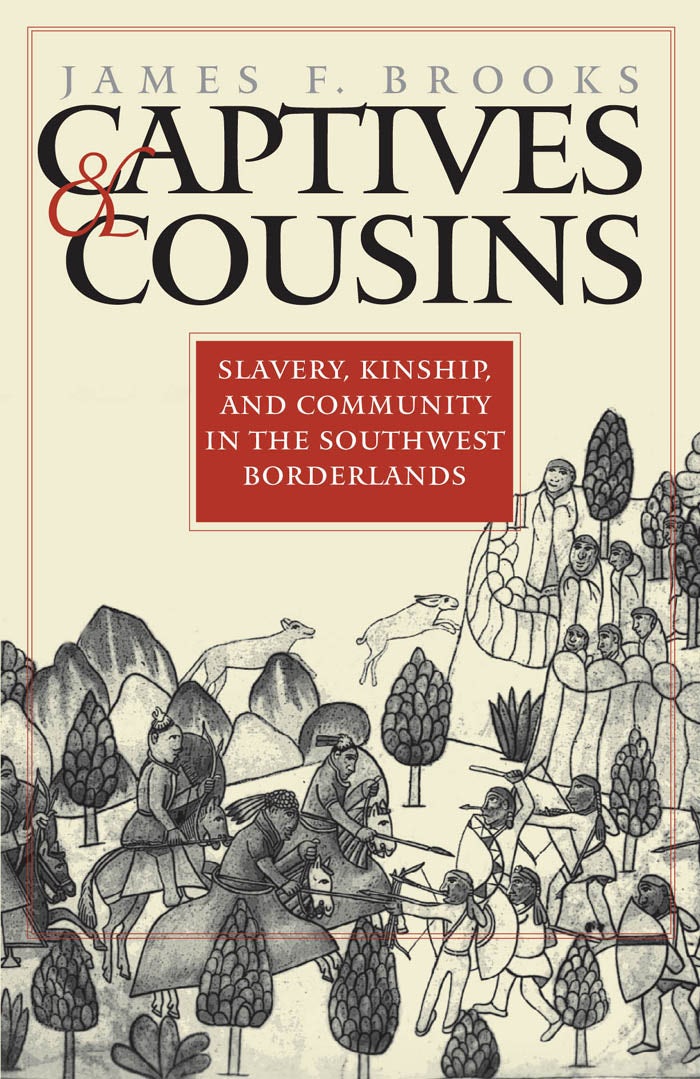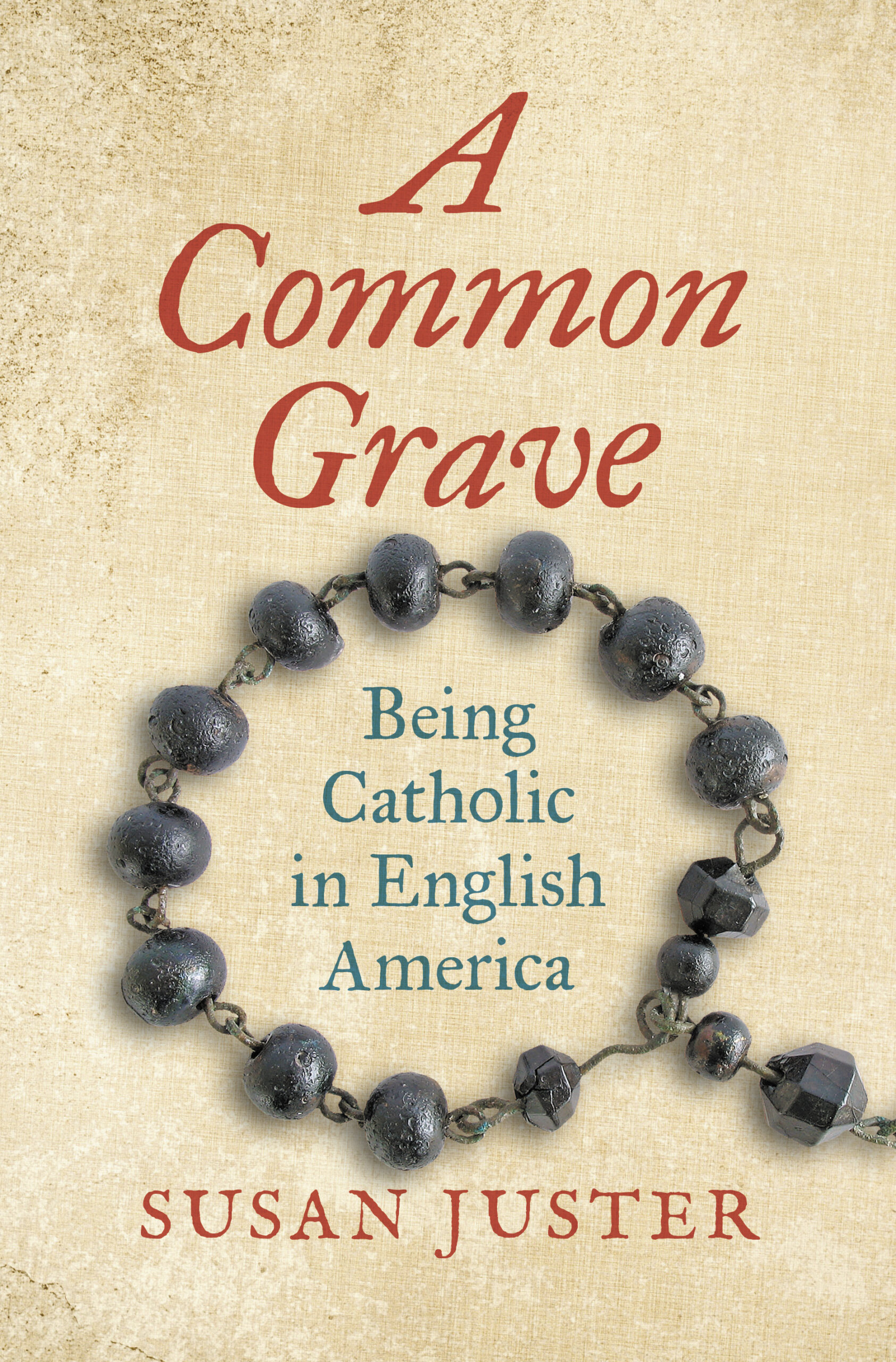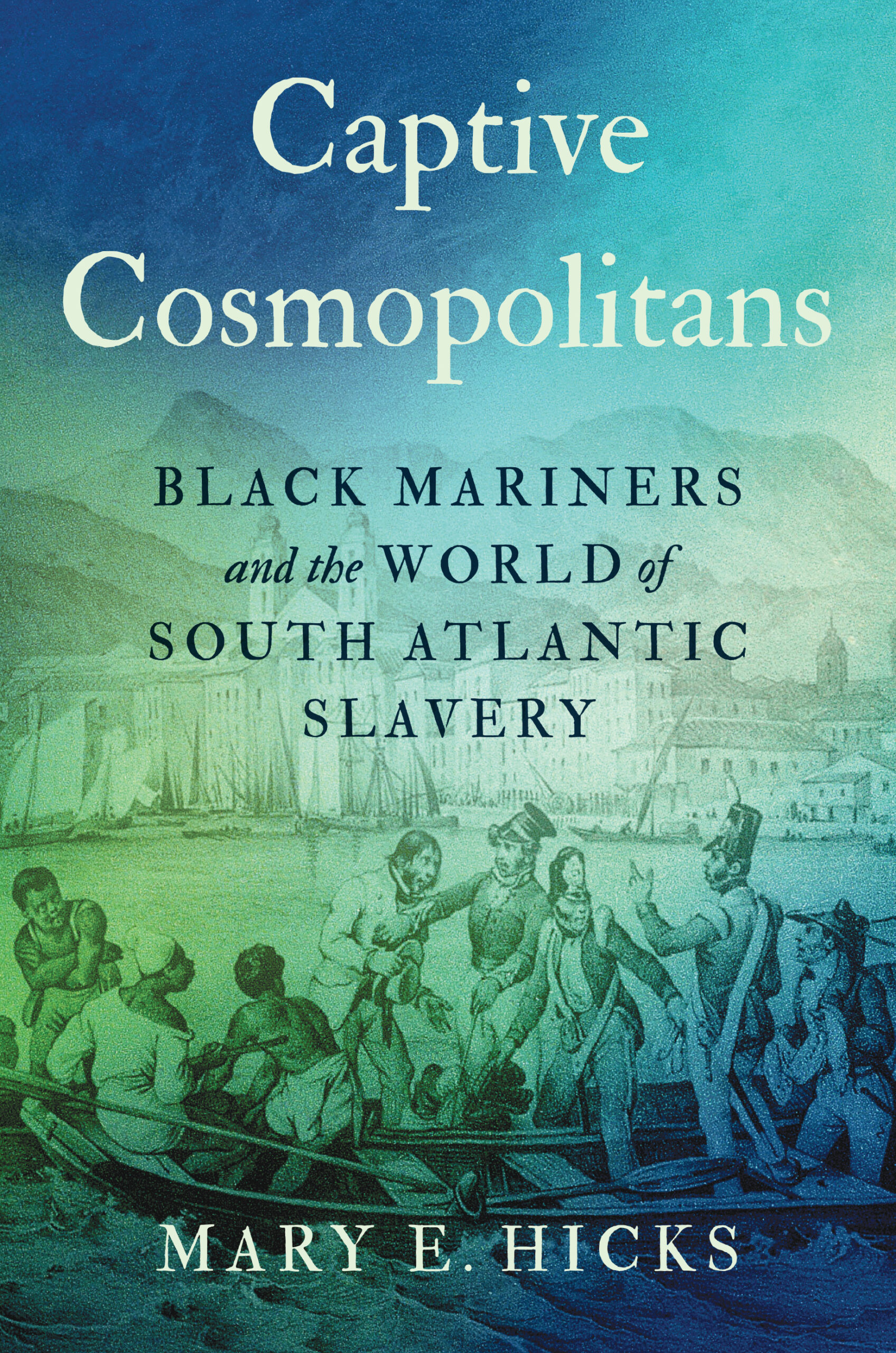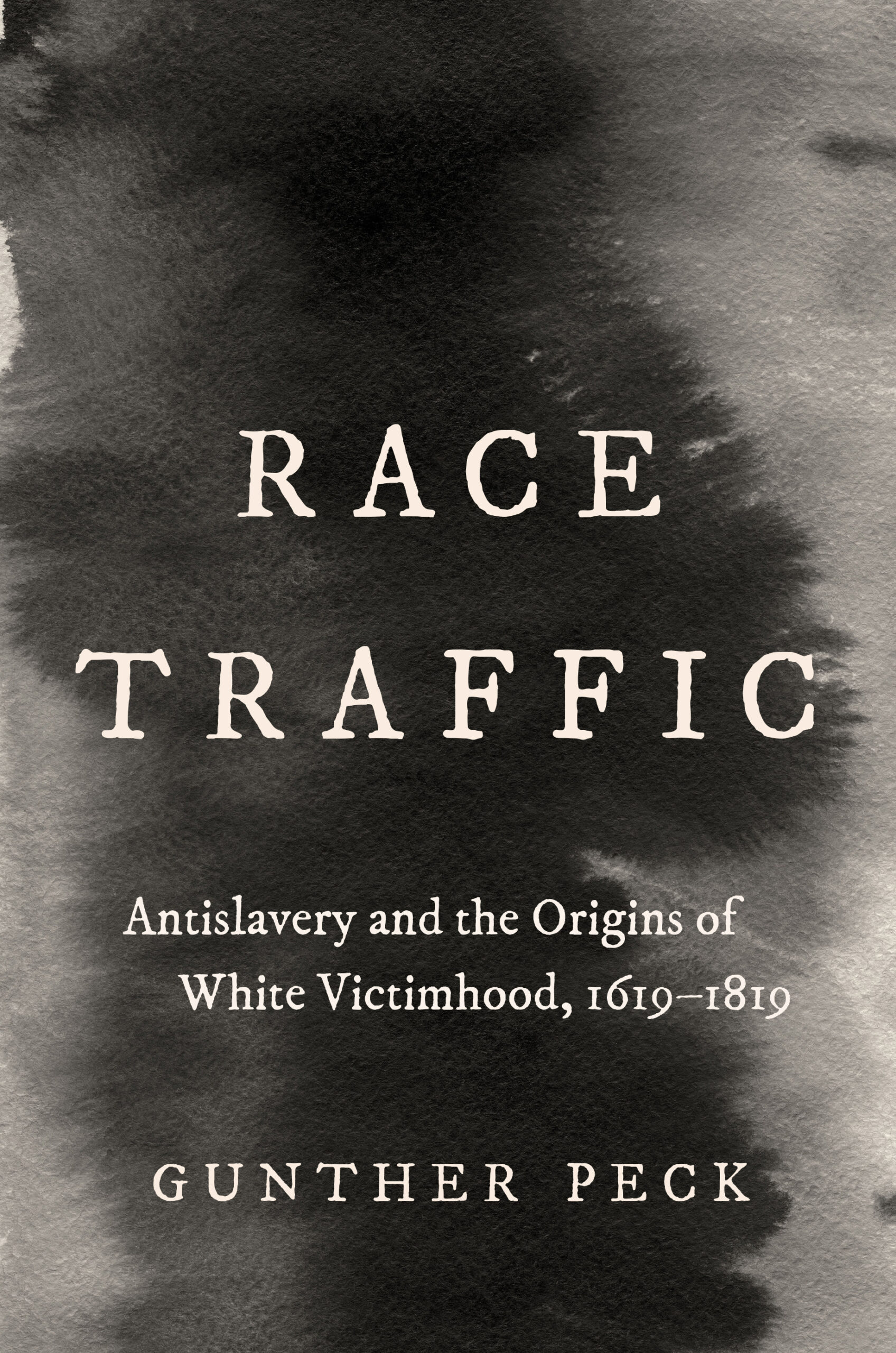
Captives and Cousins
Description
This sweeping, richly evocative study examines the origins and legacies of a flourishing captive exchange economy within and among native American and Euramerican communities throughout the Southwest Borderlands from the Spanish colonial era to the end of the nineteenth century.
Indigenous and colonial traditions of capture, servitude, and kinship met and meshed in the borderlands, forming a “slave system” in which victims symbolized social wealth, performed services for their masters, and produced material goods under the threat of violence. Slave and livestock raiding and trading among Apaches, Comanches, Kiowas, Navajos, Utes, and Spaniards provided labor resources, redistributed wealth, and fostered kin connections that integrated disparate and antagonistic groups even as these practices renewed cycles of violence and warfare.
Always attentive to the corrosive effects of the “slave trade” on Indian and colonial societies, the book also explores slavery’s centrality in intercultural trade, alliances, and “communities of interest” among groups often antagonistic to Spanish, Mexican, and American modernizing strategies. The extension of the moral and military campaigns of the American Civil War to the Southwest in a regional “war against slavery” brought differing forms of social stability but cost local communities much of their economic vitality and cultural flexibility.
About The Author
James F. Brooks is professor of history & anthropology at the University of California, Santa Barbara. He is editor of Confounding the Color Line: The Indian-Black Experience in North America.
Awards
Erminie Wheeler-Voegelin Book Award, American Society for Ethnohistory (2003)
Bancroft Prize, Columbia University Libraries (2003)
Second Prize, Frederick Douglass Book Prize, Gilder Lehrman Center for the Study of Slavery, Resistance, and Abolition (2003)
The Frederick Jackson Turner Award, Organization of American Historians (2003)
The Francis Parkman Prize, Society of American Historians (2003)
Caroline Bancroft History Prize, The Western History and Genealogy Department of Denver Public Library (2003)
W. Turrentine Jackson Award, Western History Association (2003)
Reviews
“Contributes important new perspectives to continuing debates and opens new doors for comparisons and syntheses of borderlands as contested spaces of power and merging identities.”–New Mexico Historical Review
“Brooks tells this history with clarity and judiciousness.”–Journal of American History
“I opened up this book and could not put it down. I was just knocked out by the fact that someone could be writing about slavery in such a new and totally fresh way that expands our horizons geographically and chronologically. It’s so rare that you get bowled over by a work in your own field.”–Scott McLemee, Chronicle of Higher Education
“This is an extraordinary book based on an imaginative reading of the documentary record and a judicious use of anthropological theory. By weaving ritual, folklore, and individual stories together with legal, ecclesiastical, and statistical evidence, Brooks has produced a book that satisfies the heart as well as the mind.”–Theda Perdue, American Historical Review
“An interesting study of [a] little-known slave system. . . . Brooks illustrates the similarities of Spanish and Indian cultural traditions of capture, enslavement, adoption, and exploitation of outsiders, then examines the groups’ similar notions of honor, shame, and gender. . . . Reveal[s] [a] heretofore incompletely understood social and economic Southwest slave tradition.”–Choice
“Offers a fresh and insightful new perspective. . . . A synthesis of borderlands history that is relevant not only for students of northern Mexico and the American West, but for all who are interested in the interconnections between slavery, race and ethnicity.”–American Studies
“From its first memorable sentences until its final words, Captives & Cousins will hold many of its readers hostage.”–Journal of American History
“Captives & Cousins is an important book that has the potential to reconfigure the study of slavery, colonialism, trade, violence, and gender and even the language in which such histories are written. Brooks achieves such important contributions because of his prodigious command of sources and his able use of anecdotes to bring this lost past alive. Hopefully the book will mark not so much the next generation of middle ground studies but instead signal a new conceptual direction for American historians to take.”–Canadian Journal of History
“This evocative study explores the captive exchange economy and the interactions between slave, Native American, and Euramerican communities in the Southwest Borderlands.”–Civil War Book Review
“Brooks’s broad and ambitious interpretation of the Southwest is carefully argued in its details and is based on exhaustive research in Spanish-language archives. It is furthered bolstered by an impressive use of anthropology, especially the well-developed literature on African kinship slavery. . . . An innovative and truly important work. It will inform scholarship on early America and on borderlands regions for many years to come.”–William and Mary Quarterly






